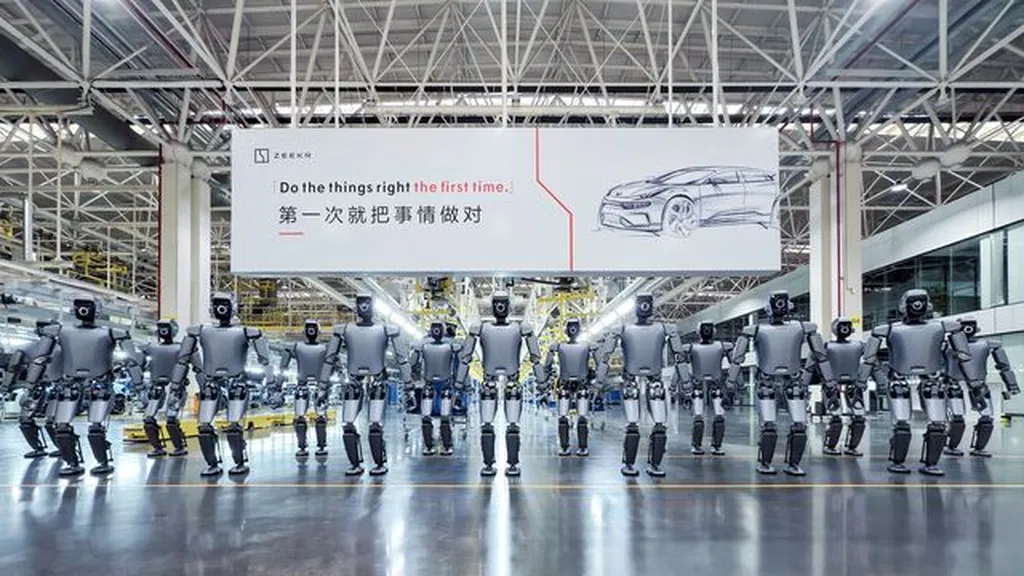In the rapidly evolving landscape of artificial intelligence, a groundbreaking study led by Zhenghua Hu from the School of Cyber Science and Engineering at Ningbo University of Technology is poised to revolutionize the way we approach personalized education. Published in the journal *Sustainable Futures* (which translates to *永续未来* in Chinese), this research delves into the transformative potential of Generative Artificial Intelligence (AIGC) in creating tailored learning content, a development that could have profound implications for the education sector and beyond.
Hu and his team have developed a method that leverages AIGC to generate individualized learning materials, a process that begins with enhancing data quality through preprocessing techniques such as data cleansing, resource categorization, and multimodal alignment. “By refining the data, we can significantly improve the analytical efficiency,” Hu explains. This meticulous preparation sets the stage for the application of the Transformer architecture, which extracts learning characteristics from behavioral data and augments content relevance through knowledge point embedding and multimodal content production.
One of the most innovative aspects of this research is the incorporation of reinforcement learning. This approach allows for a feedback-driven dynamic optimization process, ensuring that the learning materials are continually refined and improved. As Hu notes, “The reinforcement learning component is crucial as it enables the system to adapt and optimize based on real-time feedback, making the learning experience more effective and engaging.”
The results of the study are compelling. Comparison trials confirmed substantial benefits in generation efficiency, resource flexibility, and learning outcomes. This method not only enhances educational quality by producing tailored learning materials but also aligns with the United Nations’ Sustainable Development Goal (SDG 4) for quality education. By advancing the United Nations’ Sustainable Development Goal (SDG 4) for excellent education, AIGC can revolutionize traditional educational resource allocation, enhance social inclusion, and guarantee equitable educational opportunities, thus fostering comprehensive societal transformation.
The implications of this research extend far beyond the classroom. In the energy sector, for instance, personalized learning could be a game-changer for workforce training. As industries increasingly rely on complex technologies and systems, the ability to tailor training programs to individual learning styles and knowledge levels could significantly enhance productivity and efficiency. “The potential applications are vast,” Hu says. “From corporate training to vocational education, this method can be adapted to meet a wide range of needs.”
Moreover, the study highlights the importance of data quality and preprocessing in the success of AIGC applications. This emphasis on foundational steps could serve as a valuable lesson for other sectors looking to harness the power of AI. As Hu points out, “The quality of the data is paramount. Without it, the effectiveness of the AI models is severely limited.”
In conclusion, Hu’s research represents a significant step forward in the field of personalized education. By leveraging the power of AIGC, this method has the potential to transform the way we learn and teach, making education more accessible, engaging, and effective. As we look to the future, the insights gained from this study could pave the way for innovative applications across various industries, driving progress and fostering a more sustainable and inclusive society.

